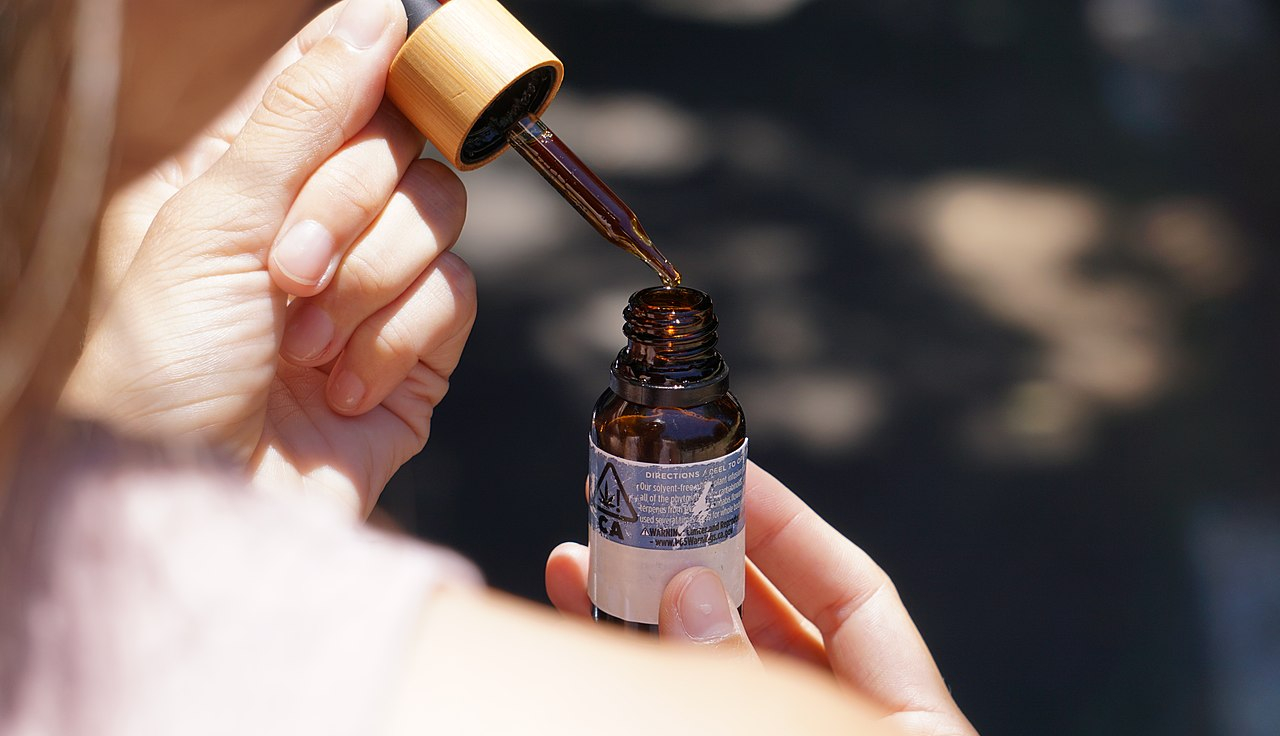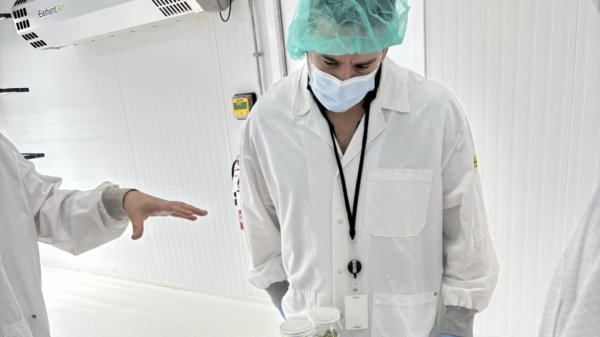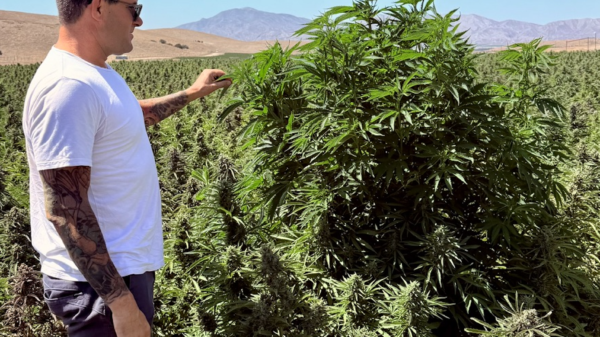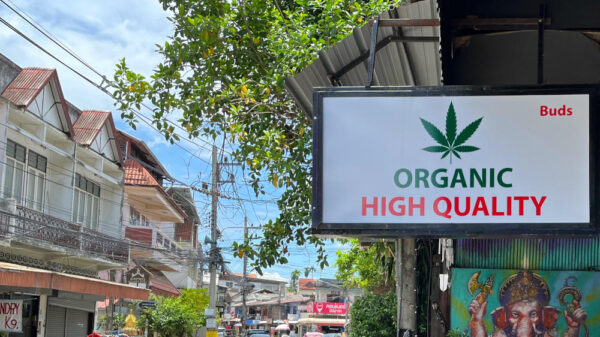Only half of the people that use cannabis for health purposes hold medical authorization, according to the latest Medical Cannabis Access Survey.
The survey results released on Tuesday showed that medical cannabis also seemed to reduce the use of other medications by around half (45 per cent).
This study is a collaborative effort between the University of Manitoba, McGill University, Santé Cannabis, Medical Cannabis Canada and SheCann. It will be reviewed by the federal government and Health Canada in 2023.
“Individuals perceived medical cannabis to be moderate to highly effective for many health conditions and symptoms and half of all current consumers reported taking cannabis to reduce their use of other medications,” reads the survey summary.
Approximately 83 per cent of individuals have reported using medical cannabis at least once a day, and over half (52 per cent) have reported using it for more than five years. The most common health conditions or symptoms that medical cannabis is used for are chronic pain (67 per cent), anxiety (64 per cent), and sleep issues (62 per cent).
Canadian residents 16 or older who are currently or previously using cannabis for medical purposes were eligible to fill out the survey and a total of 5,744 people completed it.
Overall, 95 per cent reported currently taking medical cannabis and 54 per cent of these individuals held current medical authorization.
The survey research was conducted with no funding from external partners. The qualitative portion of the study was funded through the University of Manitoba’s University Research Grants Program (URGP) and the Manitoba Centre for Nursing and Health Research (MCNHR) Grant Program.
Read more: Shoppers Drug Mart hands its medical cannabis business over to Avicanna
Read more: Pathway launches its medical cannabis system at Sunshine Drugs in Ontario
People with medical authorization pay 25 per cent more for pot
Around 75 per cent of respondents with previous authorization think there is no need for getting authorization due to the recreational market. Two-thirds of those who use medical cannabis get it from a recreational store.
However, individuals with medical authorization reported spending 25 per cent more on pot than those without a card. Individuals with a low income of less than $35,000 per year also reported spending more on medical cannabis than those with a higher income.
Many individuals identified the removal of taxes as a crucial step in reducing the cost of medical cannabis, increasing access, and decreasing reliance on unregulated sources. Among those who discontinued the use of medical cannabis, the cost was the most frequently cited reason.
Those who wanted a medical pot license but didn’t get it did it to obtain compassionate pricing (51 per cent), reduce problems with law enforcement in case of interactions (54 per cent) and avoid stigma (37 per cent).
“Healthcare professionals’ lack of knowledge and unwillingness to talk about medical cannabis were cited as reasons for why individuals were denied obtaining medical authorization,” reads the survey.
Read more: VIVO Cannabis study finds medical cannabis effective in treating anxiety and depression
Read more: Rubicon receives global certification standard for medical cannabis production
Cannabis oil is the most common type of cannabis used by those who have medical authorization
On average, individuals using medical cannabis reported using three different types of cannabis products. Cannabis oil was the most commonly used product among individuals with current authorization (68 per cent), while dried flower was the most frequently reported product among those without current medical authorization (79 per cent).
Medical cannabis was perceived as very to extremely effective for managing appetite, nausea/vomiting, agitation, epilepsy/seizures and sleep issues.
Despite most individuals experiencing unwanted side effects (73 per cent), the reported side effects were relatively mild, including dry mouth (45 per cent), cough (29 per cent), and feeling tired (21 per cent). Those with current medical authorization were more likely to report no side effects compared to those without authorization (30 per cent vs. 23 per cent).
Medical cannabis patients want a better system
Several suggestions for improving the medical cannabis program in Canada were identified by individuals. These include eliminating applicable taxes to reduce costs, providing access through community-based pharmacies, implementing protections for use in public and private spaces, reviewing THC limits for edible products for therapeutic use, and placing greater emphasis on medical cannabis research and education.
“Overall, the majority of individuals in this study supported the continuation of the medical cannabis program in Canada,” the report reads.
The report highlighted the following six key recommendations in sight of the federal review of the Cannabis Act and Regulations and to inform future medical cannabis policy in Canada:
- Formalize evaluation of the medical cannabis framework with patient input
- Maintain reasonable access through the dedicated medical framework
- Reduce out-of-pocket costs and redirect usage away from the unregulated market
- Develop healthcare professional training on medical cannabis
- Expand access through community pharmacy dispensing
- Maintain a federal resource hub for medical cannabis information













